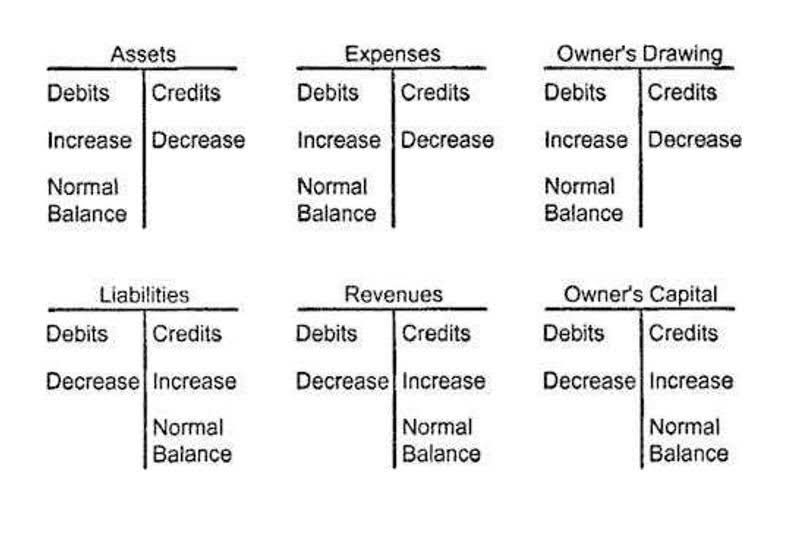What Is Annual Income and How To Calculate It Self Credit Builder.

Annual income refers to the total amount of money earned by an individual or entity over the course of a year, typically before taxes and deductions. It includes income from various sources such as wages, salaries, investments, and business profits. On the other hand, net annual income is the amount of money an individual actually receives, after taxes and other deductions are taken off. The different between both, to sum up, is that gross is before any deductions are made and net is a figure obtained after deductions are discounted. The easiest way to track annual income is through bank account reports (for self-employed individuals mostly) and through salary receipts (for salaried employees).
Is Annual Income Before or After Taxes?
- When averages differ markedly from typical incomes, it generally signals that incomes are concentrated among high earners and indicates that financial wellbeing is not broadly shared.
- An individual’s and a company’s gross incomes have different components.
- Each measure serves its unique purpose and adds depth to our understanding of the economic landscape.
- Once you’ve calculated the annual income from each source, add them all together to get your total gross annual income.
An individual will easily be able to determine their gross income by consulting a recent pay stub or calculating their hours worked and wage. Annual income refers to the total earnings received over a year from all sources, whereas monthly annual income means income refers to the amount earned in a single month. Monthly income is the amount of money earned in a single month, while annual income is the total amount earned over the course of a year.
What’s included in annual income?
- Over the past few decades, there have been noticeable shifts in household income trends.
- When average and median incomes are almost equal, either can be used to summarize the income of the household in the geographic area.
- You should calculate your net annual income to know how much money you have left over after your necessary expenses, like rent and insurance.
- Household income refers to the gross income of all household members aged 15 and up.
- The following is an outline of common types of income and a step-by-step process to calculate your household’s total gross income.
- He gave his accountant all his income receipts and after he reviewed them he estimated that Mr. Johnson’s gross annual income was $42,578.
However, the job candidate will see it in terms of annual salary, which is the pay he can expect to earn during a given year in your employ. To calculate your annual income in the Philippines, gather all your income sources from QuickBooks the relevant taxable year. This will include wages, investment, rental, self-employment, and other sources. In conclusion, understanding the factors affecting household income provides valuable insight into the earning potential and economic well-being of families. By recognizing these influences, individuals can make informed decisions about their careers, investments, and overall financial planning.
When to Use Median vs. Average Net Income

For example, if you live in an expensive city, you will need to make more money to maintain the same standard of living as someone who lives in a less expensive city. No matter what option you choose, it is important to know how to calculate your annual income. This will help you set goals and make informed decisions about your finances. Let’s say John has a base annual salary of $40000 per year with quarterly commissions.
Difference Between Gross Annual Income And Net Annual Income
Also, it is a measure employed by banks and other financial institutions to assess an individual’s ability to pay for his financial commitments. Your annual income can include earnings from various sources, including regular employment, side hustles, Social Security, and dividends and interest from investments. When it comes Accounting for Marketing Agencies to annual income, there are a lot of nuances to keep in mind.
- Household income is the total gross income of all members in a household.
- Gross income is your annual income before taxes and deductions are taken off.
- Once you know how much you take home each year and each month, you can accurately plan for expenses, savings, and investments.
- Your financial state impacts your purchase decisions and way of living.
- A company calculates its gross income to understand how the product-specific aspect of its business performs.
- An individual’s net income more closely resembles their final paycheck amount.
Let’s assume that after all deductions, including income tax, Provident Fund (PF) contributions, and other statutory deductions, your net annual income from your primary job is ₹5,00,000. This refers to the money you earn from your employment, including your regular pay, hourly wages, and any tips received. For example, let’s say John earns an hourly wage of $25 and works eight hours per day, five days per week and 50 weeks per year.
Use your annual income to budget and plan

Annual income is the total value of income earned during a fiscal year. Gross annual income refers to all earnings before any deductions are made, and net annual income refers to the amount that remains after all deductions are made. The concept applies to both individuals and businesses in preparing annual tax returns. The income earned by people living under the same roof is computed per this term. It does not matter if such income is used to support the household, pay bills, or clear off debt. However, if children below the age of 15 earn money by engaging in jobs or freelance work, such income will not be included in this income.
Tips for Personal Finance

To calculate your annual income, one should first list all of your income sources and add them up. You can calculate your annual income by adding up all the income you receive in one year from various sources. An individual’s income is divided into five primary categories to compute income tax under Section 14 of the Indian Income Tax Act. Each of these heads of income, including many sources of income and unique computation guidelines, is utilized to establish the total taxable income of an individual. Annual income is the total amount of money an individual earns within a certain fiscal year. It covers expected salary, commissions, bonuses, overtime, and tips.
- You need to add up all these sources of income for one financial year to calculate your annual income.
- For income of above Rs 6 lakh and up to Rs 9 lakh, the income tax will be applicable at a 10 percent rate.
- In our hypothetical example, we demonstrated how the Smith family calculated their total household income and emphasized its importance in personal finance management.
- In a recent report published by the American Community Survey, Indian Americans have the highest median income of the household in the US.
- Use the guidelines provided to determine your annual earnings, then put this knowledge into action.
- Anyway, it is up to you to decide what is best for you, but, as they say, you will never know until you try.
Add up all your sources of income
This type of work provides you with a great deal of independence, flexibility, and freedom to choose where to live and work. Calculating your household income is often necessary when applying for financial assistance programs, such as health insurance subsidies through the ACA. It can also help you compare your financial standing to that of your peers, especially when you use the median household income as a reference point.

